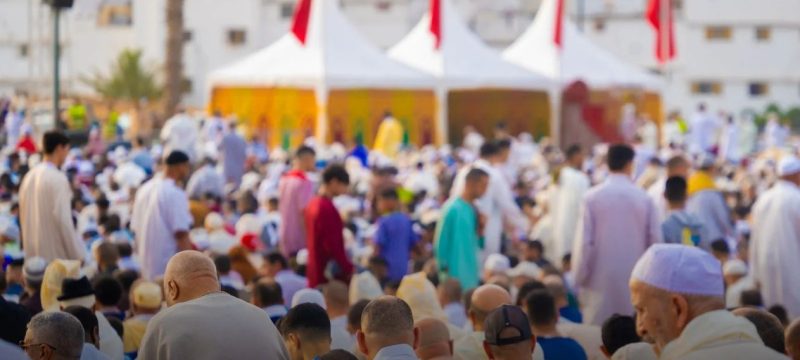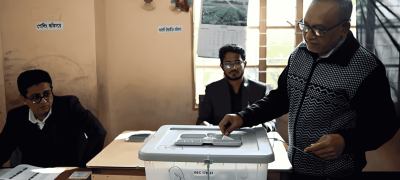For the first time in decades, many Moroccans celebrated Eid al-Adha without the traditional animal sacrifice, marking a profound shift driven by extreme drought and dwindling livestock numbers. On Saturday, June 7—one day after most Muslim nations—Moroccans observed the religious holiday in a way that emphasized spirit over symbolism.
In a rare and symbolic gesture earlier this year, King Mohammed VI urged citizens to refrain from slaughtering animals, offering a national sacrifice on behalf of the people.
Read more: Eid-ul-Adha 2025: Punjab Sees Sale of Over 1.1 Million Sacrificial Animals
The appeal came as Morocco faced severe rainfall shortages—down by over 50%—leading to dried fields, empty wells, and a nearly 40% drop in livestock.
The King’s call was embraced across the country. Instead of sacrifice, Moroccans turned to acts of charity: sharing meals, supporting neighbors, and focusing on prayer.
The unusual move highlighted the importance of compassion in faith, as many let go of long-held traditions in favor of solidarity and sustainability.
As one Moroccan put it, “This Eid, we gave with our hearts, not our hands.” The celebration served as a powerful reminder that sometimes, the truest form of sacrifice is adapting for the greater good.









